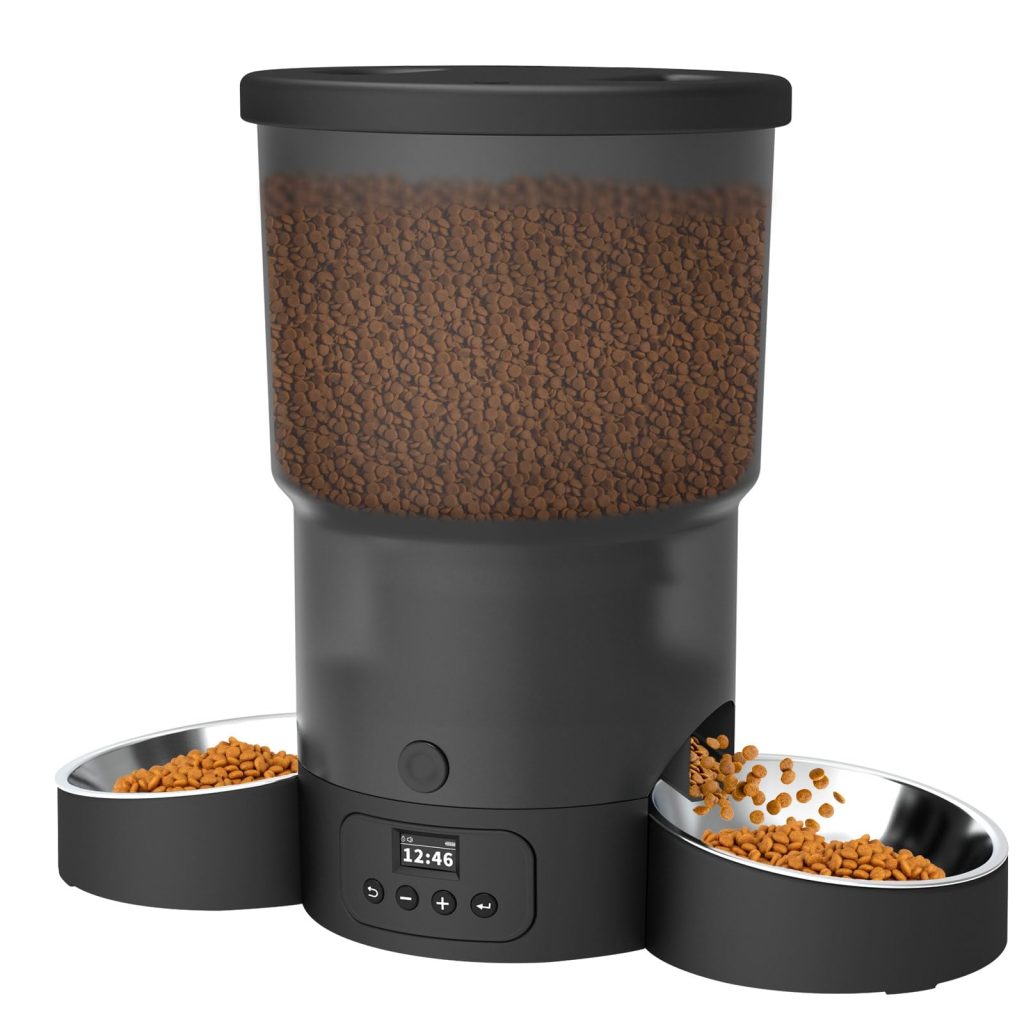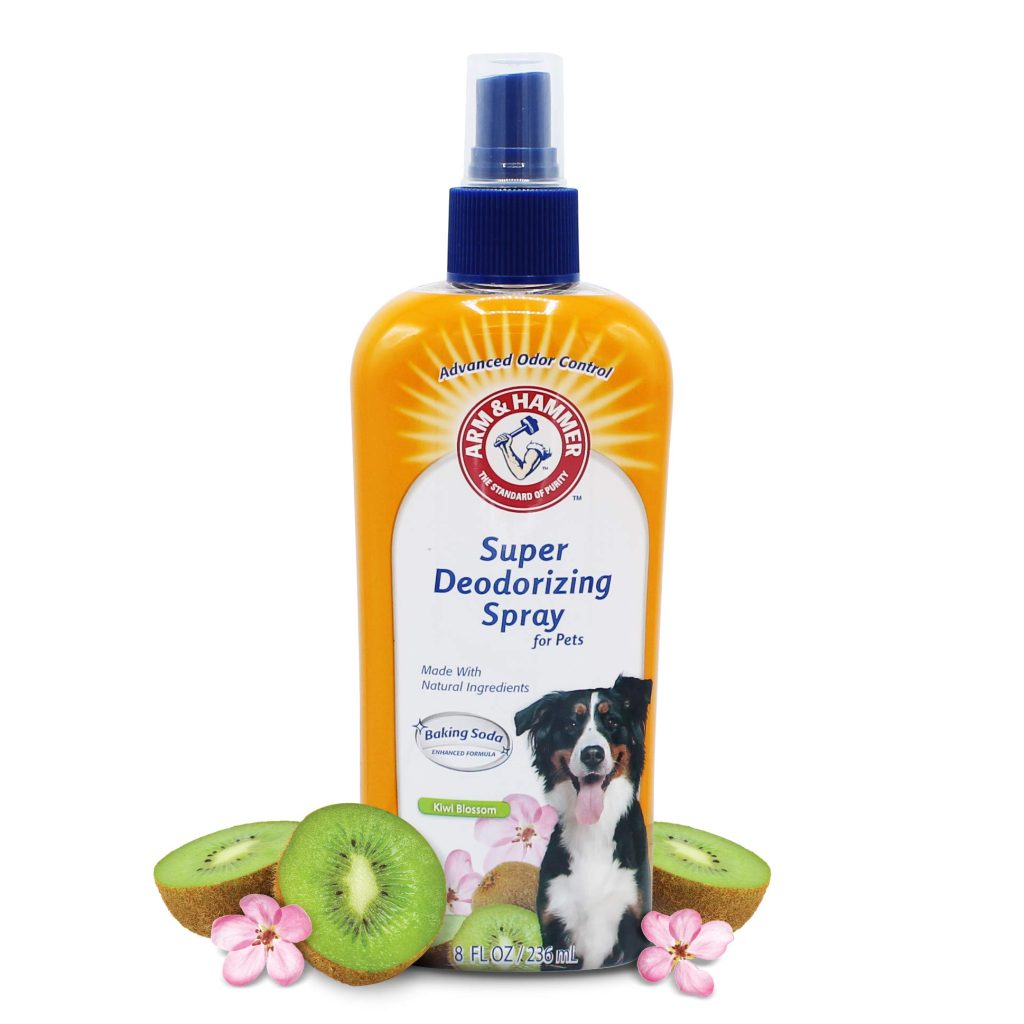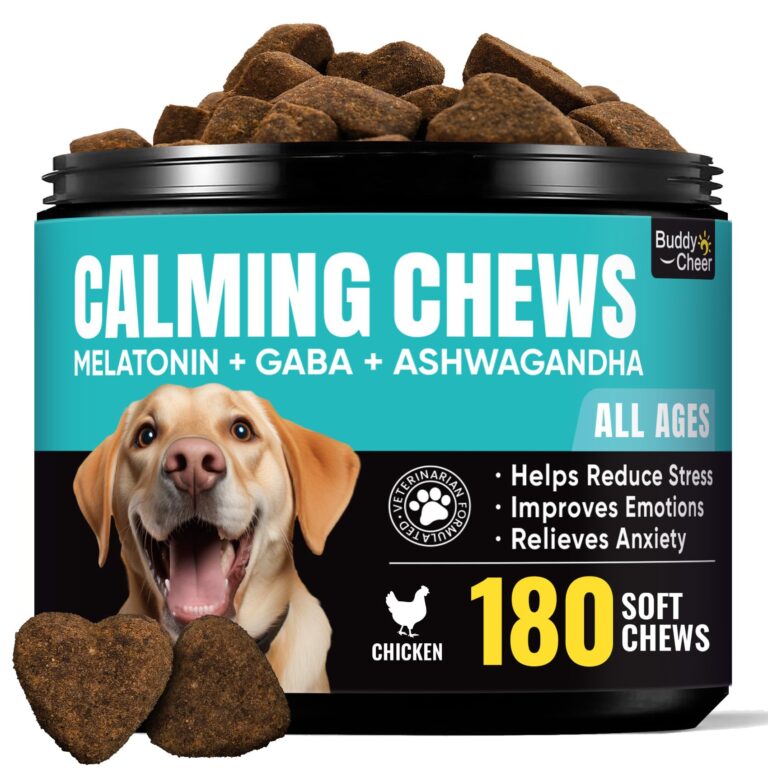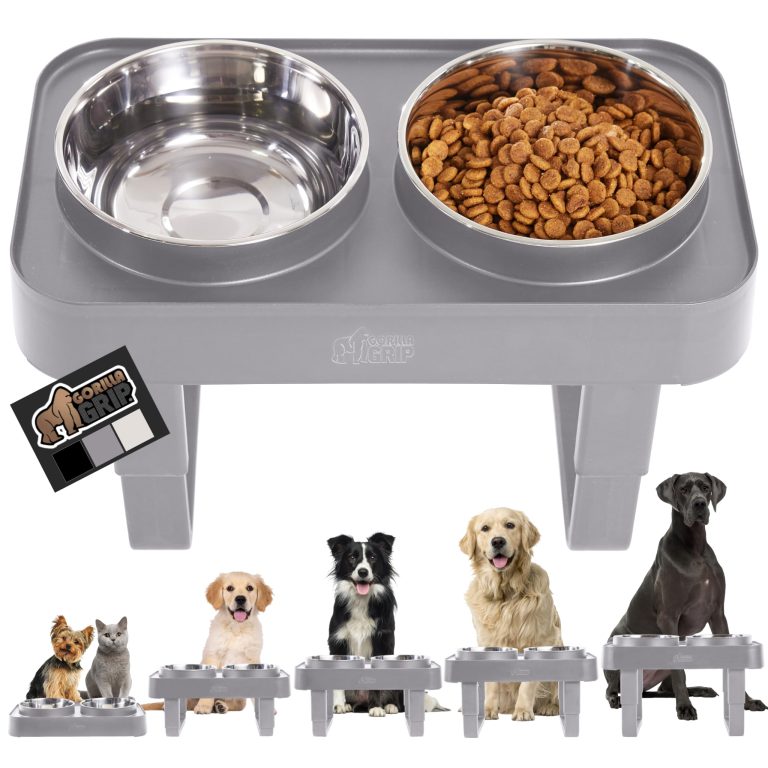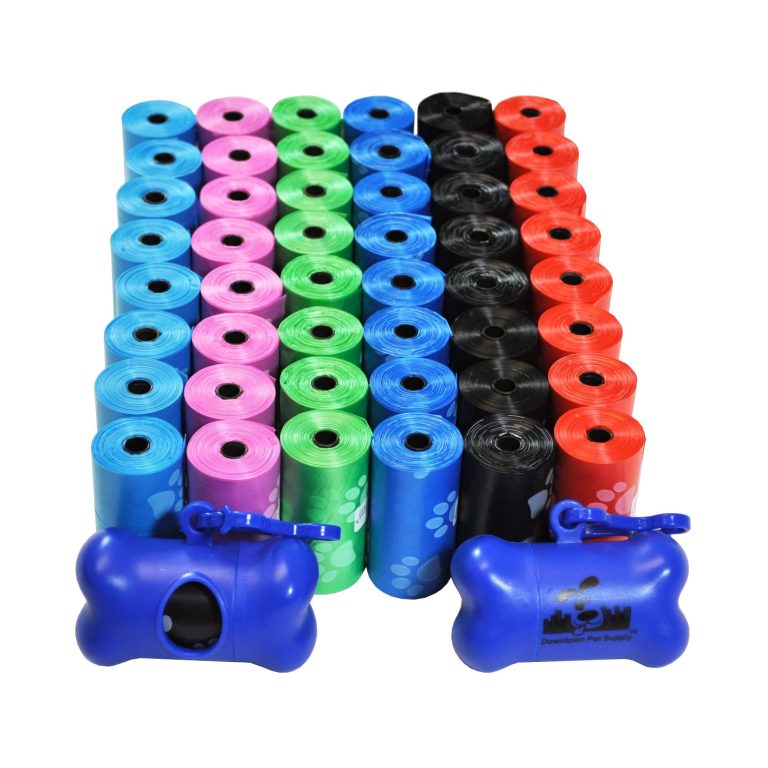Supplements in Dog Diet: Are They Necessary?

Diet plays a important role in the overall health and well-being of dogs. Just like humans, dogs also require a balanced and nutritious diet to meet their dietary needs. While commercial dog foods are designed to provide essential nutrients, some pet owners may wonder if supplements are necessary to ensure optimal nutrition. In this article, we will explore the importance of supplements in a dog’s diet and discuss various aspects of canine nutrition.
Understanding Canine Nutrition
A balanced diet for dogs consists of macronutrients (proteins, fats, and carbohydrates), micronutrients (vitamins and minerals), and water. These nutrients are vital for maintaining healthy body functions, supporting growth and development, and preventing various health issues.
Macronutrients provide energy to dogs and help build strong muscles, support immune function, and maintain healthy skin and coat. Proteins, derived from meat, fish, or plant sources, are essential for cell repair and growth. Fats provide energy, aid in the absorption of fat-soluble vitamins, and help maintain healthy skin and coat. Carbohydrates are a valuable energy source for dogs, although their exact requirements vary depending on the breed and activity level.
Micronutrients are required in smaller quantities but play a critical role in various metabolic processes. Vitamins and minerals support the function of enzymes, ensure proper nerve function, maintain a healthy immune system, and contribute to overall well-being.
Benefits of a Balanced Diet
Feeding your dog a balanced diet has numerous benefits. It can help maintain a healthy weight, reduce the risk of chronic diseases such as diabetes or heart conditions, improve energy levels, promote healthy digestion, and support a strong immune system. A properly balanced diet is the foundation for optimal health and longevity in dogs.
Dietary Needs for Different Life Stages and Breeds
Dogs have varying nutritional requirements depending on their life stage and breed. Puppies require higher levels of proteins and fats to support their rapid growth and development. Senior dogs, on the other hand, may have reduced energy needs and require a diet tailored for their age-related changes.
Certain breeds may have specific dietary needs due to their size, activity level, or genetic predispositions. Large and giant breed puppies, for instance, need controlled calcium and phosphorus levels to prevent skeletal issues. Some breeds are prone to allergies or certain medical conditions that may require dietary modifications.
Supplements: Are They Necessary?
While a balanced commercial dog food can meet most of your dog’s nutritional needs, supplements may be necessary in some cases. However, it’s important to consult with a veterinarian before introducing any supplements into your dog’s diet.
Common reasons to think supplements include:
- Specific nutrient deficiencies: In certain cases, a dog may require additional supplementation of specific nutrients. This may be due to health conditions, poor absorption, or an unbalanced diet. Your veterinarian can perform tests to identify any deficiencies and recommend appropriate supplements.
- Joint health: As dogs age, they may develop joint issues such as arthritis. Joint supplements containing glucosamine, chondroitin, or omega-3 fatty acids can help alleviate pain and improve mobility.
- Digestive health: Probiotics and digestive enzymes can aid in promoting a healthy gut flora and improving digestion in dogs with sensitive stomachs or digestive disorders.
- Skin and coat health: Certain supplements like fish oil or omega-3 fatty acids can improve skin health, reduce itching, and promote a shiny coat.
Homemade Diets: Considerations and Risks
Some pet owners choose to prepare homemade diets for their dogs, either due to concerns about the quality of commercial pet foods or as a personal preference. While homemade diets can be tailored to meet specific dietary needs, it’s essential to ensure they are nutritionally balanced.
Creating a nutritionally complete and balanced homemade diet requires careful consideration of various factors, including your dog’s age, breed, size, activity level, and any existing health conditions. Consultation with a veterinary nutritionist is strongly recommended to create an appropriate homemade diet plan.
It’s important to note that homemade diets can carry risks if not properly formulated. Deficiencies or imbalances in essential nutrients can lead to severe health issues. Additionally, ensuring proper food handling and hygiene is important to avoid foodborne illnesses.
A balanced diet is essential for the health and well-being of dogs. While most dogs can obtain all their necessary nutrients from a high-quality commercial dog food, supplements may be necessary in certain cases. Understanding your dog’s specific needs and consulting with a veterinarian will help ensure they receive optimal nutrition.

